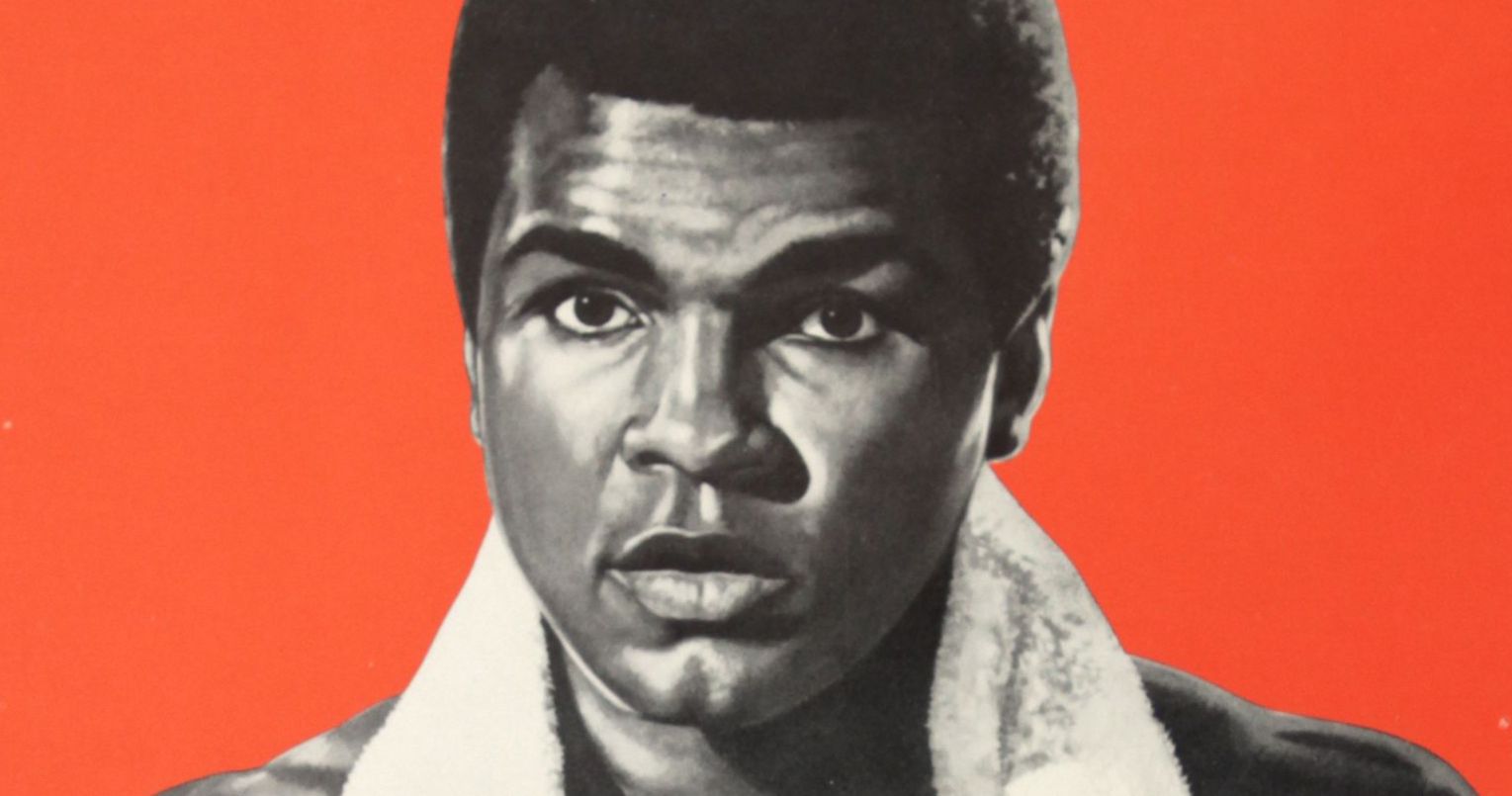The life and times of legendary boxer Muhammad Ali are rife with stories worthy of cinematic depiction, and now Searchlight is developing a movie centered on Ali's refusal to be drafted into the military during the Vietnam War. Up and coming director Shola Amoo has signed on to helm the project from a script by Phillip Howze, whose previous credits include the Netflix true crime series Mindhunter and the musical drama series The Eddy.
While director Shola Amoo does not have many credits to his name, he has already demonstrated an adept hand at emotion and insight with last year's critically acclaimed drama The Last Tree.
The movie is based on the book Sting Like a Bee: Muhammad Ali vs. The United States of America by Leigh Montville, which provides a perceptive look at the sports legend and centers on the cultural and political implications of his refusal of service in the military and the key moments in a life that was as high profile and transformative as any in the twentieth century.
Ali beat Sonny Liston to win the heavyweight world championship in 1964 at the age of 22, with the inspirational boxing figure having changed his name from Cassius Clay to Muhammad Ali upon joining the Nation of Islam. A few years later, in 1966, Ali was to be drafted into the US military, but refused, famously saying "I ain't got no quarrel with those Viet Cong." Ali cited his religious beliefs and ethical opposition to the Vietnam War for his refusal to be conscripted, putting his freedom, achievements, and even his life on the line.
In 1967, Ali was found guilty of draft evasion and faced up to 5 years in prison. He was stripped of his boxing titles, fined $10,000 and banned from boxing for three years. Ali managed to avoid prison by appealing to the Supreme Court, which overturned his conviction in 1971. Though the boxer had not competed for nearly four years, losing a crucial chunk of his peak performance period, Ali would eventually return to the ring and win back the heavyweight title in 1974 during the famous Rumble in the Jungle.
Ali's actions as a conscientious objector to the Vietnam War are just one of the reasons why he transcended the sport of boxing to become a cultural icon, with his refusal to be drafted making him a figurehead of the counterculture generation, becoming a very high-profile figure during the civil rights movement and throughout his career. This tumultuous period of Ali's life should provide plenty of silver screen drama, as well as resonate with current events and modern audiences.
These events have been given the big screen treatment before, within a much wider look at the boxer, during director Michael Mann's 2001 biopic Ali. Starring Will Smith as Muhammad Ali, the movie focuses on ten years in the life of the boxing legend, from 1964 to 1974, and features his initial capture of the heavyweight title from Sonny Liston, his conversion to Islam, criticism of the Vietnam War, and banishment from boxing, as well as his return to fight Joe Frazier in 1971, before finally reclaiming the title. The sports icon was portrayed more recently by Eli Goree in director Regina King's brilliant One Night in Miami.
Muhammad Ali retired from the ring in 1981 and was diagnosed with Parkinson's syndrome three years later. He sadly passed away in 2016. This comes to us from Variety.

